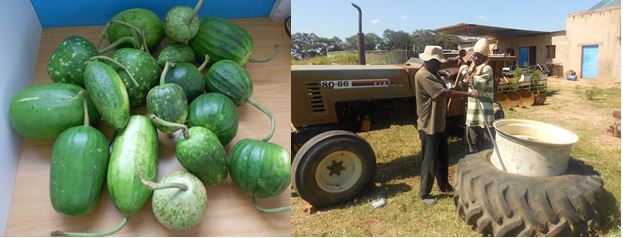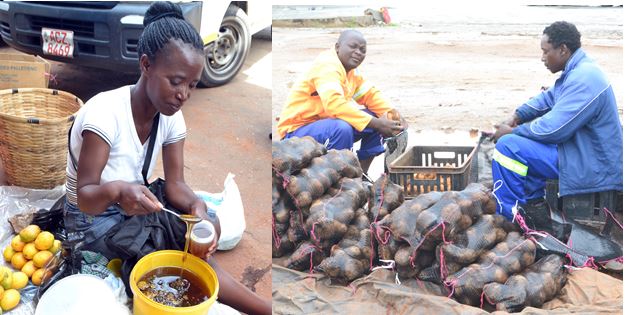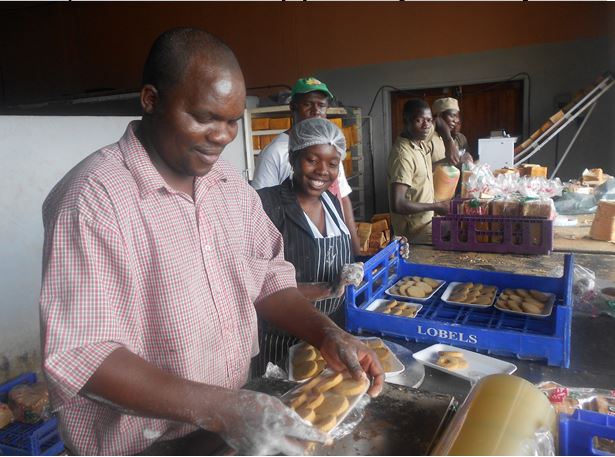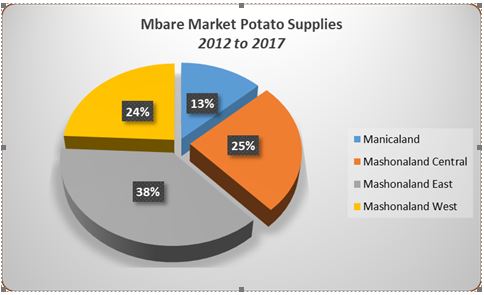From number of beneficiaries to knowledge mobilization and use
In what probably signifies a new approach to achieving socio-economic development, a few policy makers and development agencies in developing countries are beginning to move from measuring success through the number of beneficiaries. Instead, they are reluctantly shifting to their focus to how the so-called beneficiaries mobilize and use knowledge associated with projects introduced in Read more about From number of beneficiaries to knowledge mobilization and use[…]









